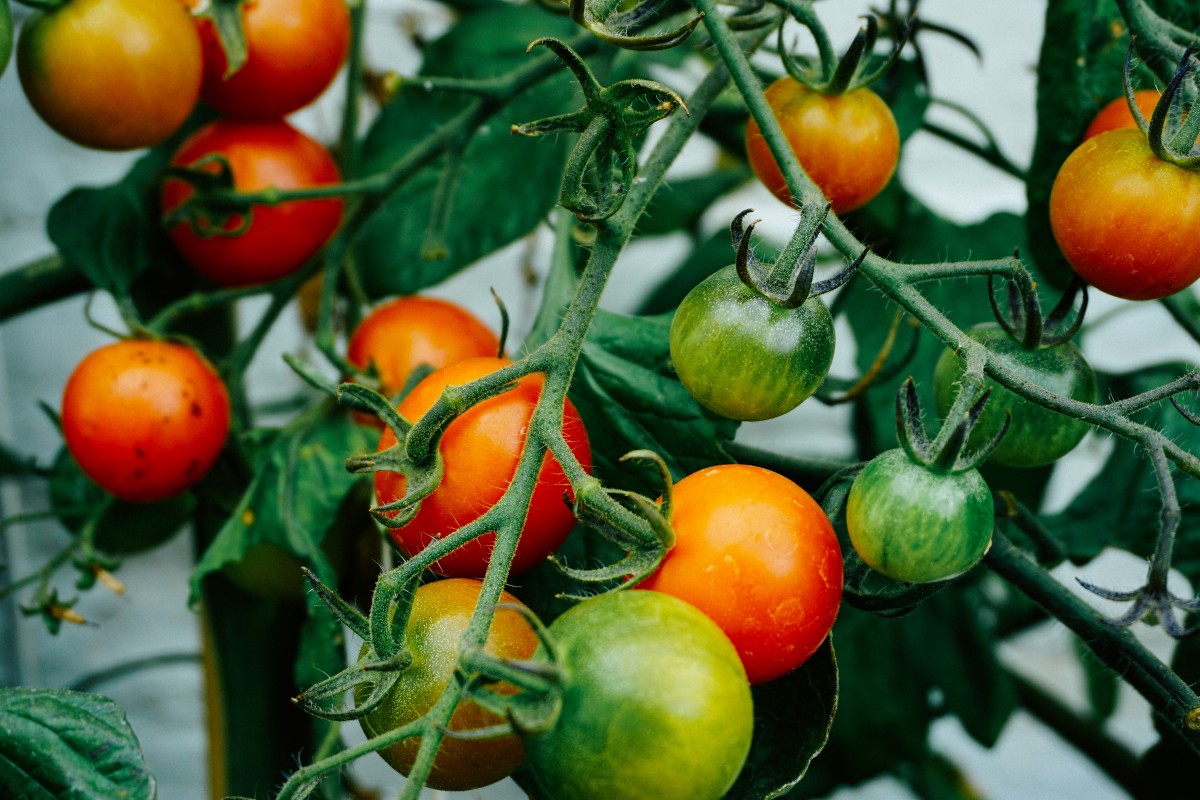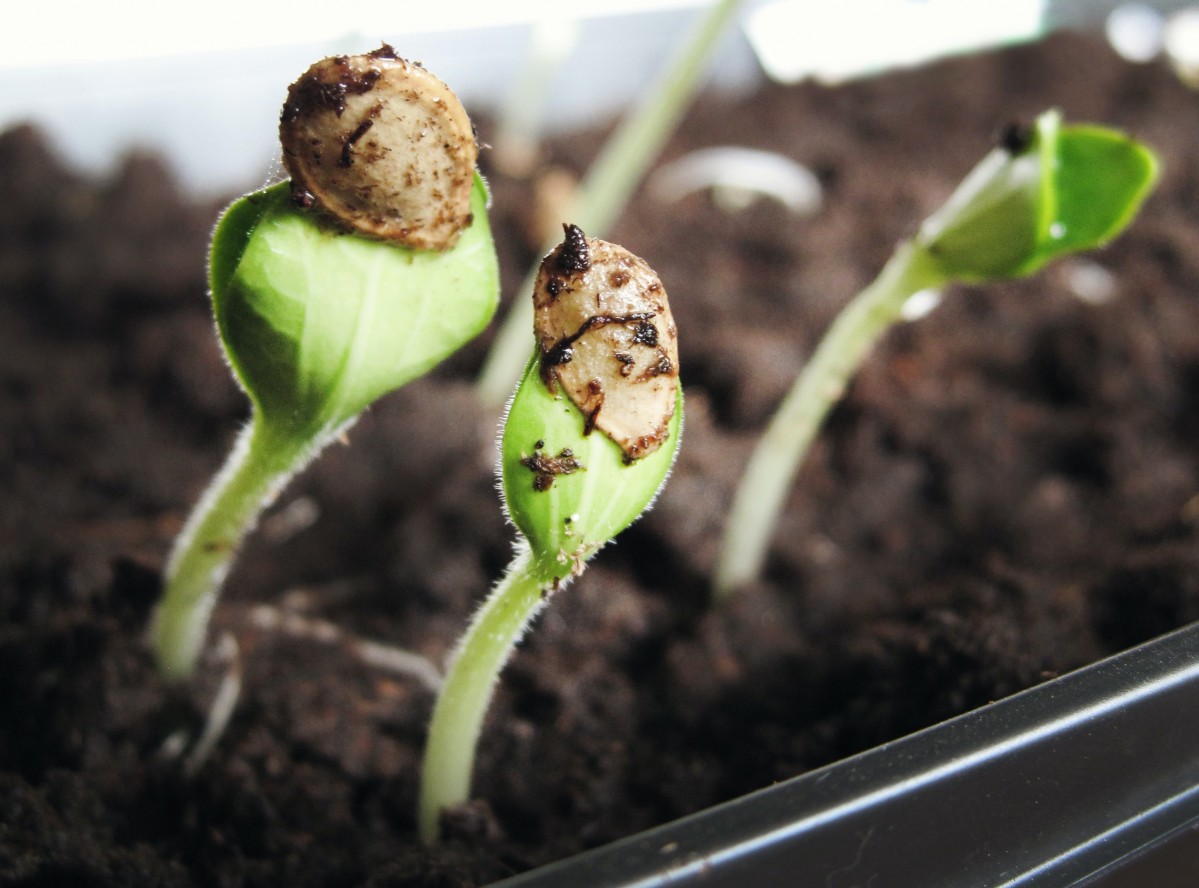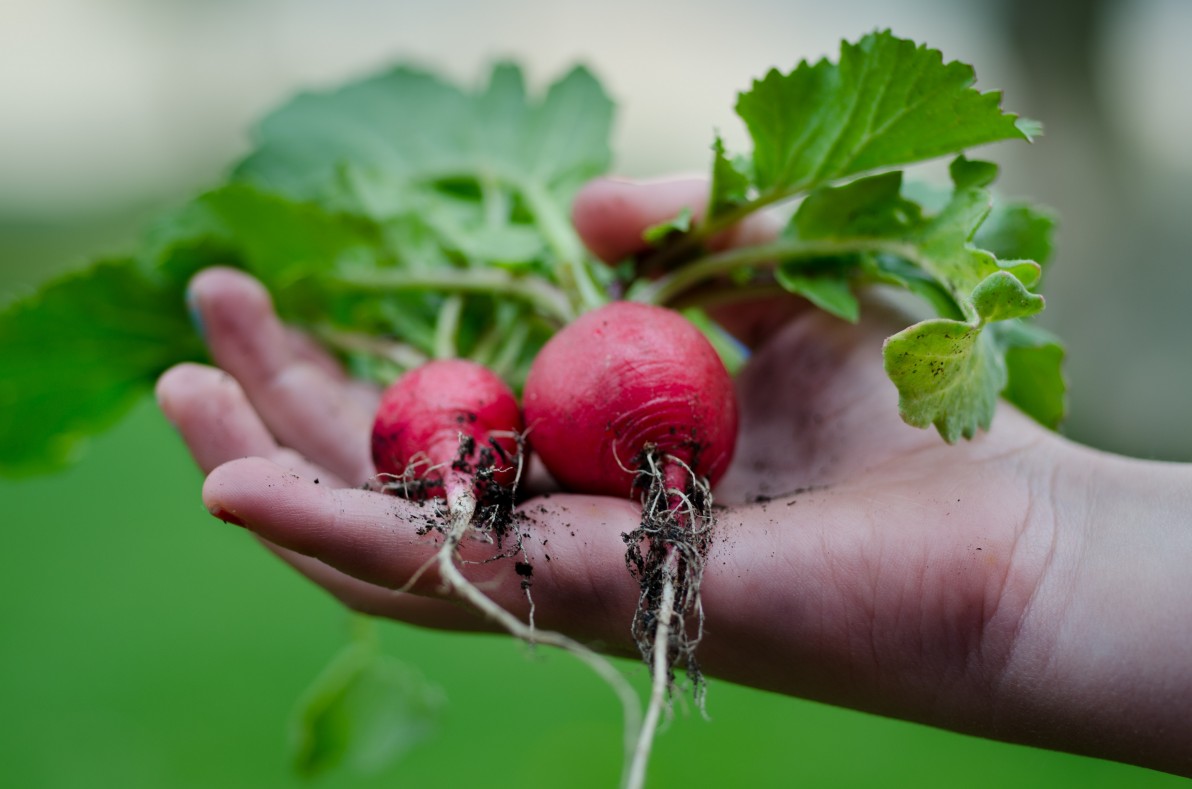There’s nothing more rewarding than growing your own vegetables. And since you might have a bit more time at home than usual these days, now is the perfect time to start!
The problem is, if you’ve never planted a veggie garden before, you may not know exactly where or when to start.
Planning and planting a new garden can be overwhelming, but it doesn’t have to be. Below, we answer the most common questions we’re asked about growing vegetable gardens in Grey and Bruce County.
What plants should I grow?
Knowing what you want to grow will determine how large your garden should be and where each plant is placed.
Our recommendations for those of you just starting out…
- Tomatoes of all sizes love the hot and sunny days of Ontario summers
- Hot and sweet peppers
- All kinds of leafy greens, including lettuce, spinach, kale and chard
- Root vegetables like potatoes, leeks, onions and garlic
- Climbing plants like beans and peas
- Zucchini and cucumbers
- Squash and pumpkins
Our suggestion is to get your seed started inside, somewhere where it stays above 10 degrees celsius. Enclosed porches, sunrooms or small greenhouses can work, though if they aren’t warm enough, you may need to start your seed somewhere bright inside your home. If you’re growing inside, be sure to check each plant’s seed packet to see when they should be seeded indoors. You can also buy small bedding plants at a local garden centre close to when you plan to plant outdoors — but growing from seed is oh-so-satisfying!
Hutten & Co. can also install a hoop house or greenhouse on your property — perfect for growing plants from seed before it’s warm out and extending your growing season!

When should I plant my garden?
If you’re in Grey or Bruce County, our growing season typically begins around the Victoria Day long weekend and ends around Halloween. You should have no trouble growing most of your favourite fruits and veggies, especially if you’re growing perennial crops.
Where should I plant my garden?
The vast majority of edible plants thrive in full sun, which is defined as at least six hours of undisturbed sunlight every day!
Keep in mind the rising morning sun and setting evening sun when planning your garden placement. We recommend installing with a “north-south” aspect, making sure that the sunlight is evenly distributed to the entire garden.
How big should my garden be?
A common mistake that beginner gardeners make is biting off more than they can chew! We recommend starting small, and only growing what you know you can manage.
A good starting point is a garden of around 16x10 feet (or smaller) with crops that are easy to grow. A plot this size, based on the vegetables recommended above, is enough for a family of four, with a little leftover for canning and freezing (or giving away to friends and family).

How can I make sure I grow the best vegetables?
In addition to choosing the right location, here are a few tips that will help you grow your best veggies yet:
- Give your plants enough space. Crops that you plant too closely together will have to compete for sunlight, water, and nutrition, are more likely to fall prey to disease and pests and may not fully mature. Pay attention to the spacing guidelines on seed packets and plant tabs.
- Plant high-quality seeds. Seed packets cost less than individual plants, but if your seeds don’t germinate, your money and time are wasted. Spending a few more cents in the spring for this year’s seeds, rather than old ones, will pay off with a better harvest!
- Water properly. Many first-time gardeners over-water their plants. Many of the vegetables you grow will need a delicate balance of water and sun. Our best advice? Feel the soil to see how wet or dry it is before watering! You’ll know pretty quickly if your plants need more water. And when you water, be sure to water deeply so that the roots can draw up enough moisture.
- Plant and harvest at the right times. Every vegetable has specific planting dates, so make sure you check your seed packet or plant tab. Take a look at garden.org’s planting calendar for Ontario to make sure you get it right.
Looking for more gardening tips?
This post covers only the basics — we feel like we’ve only scratched the surface! If you’re looking for more tips, in our next post we cover more of your gardening questions, including…
- Is my soil good enough to grow in?
- Should I fertilize or compost my garden?
- How can I keep bugs and pests away?
- What are some unique and overlooked edible plants?
If you’d like help planning and installing a vegetable garden, reach out — we’re here to help. Our crews are more than willing to design, plant and care for your garden for you. And, of course, you get to keep the vegetables!




